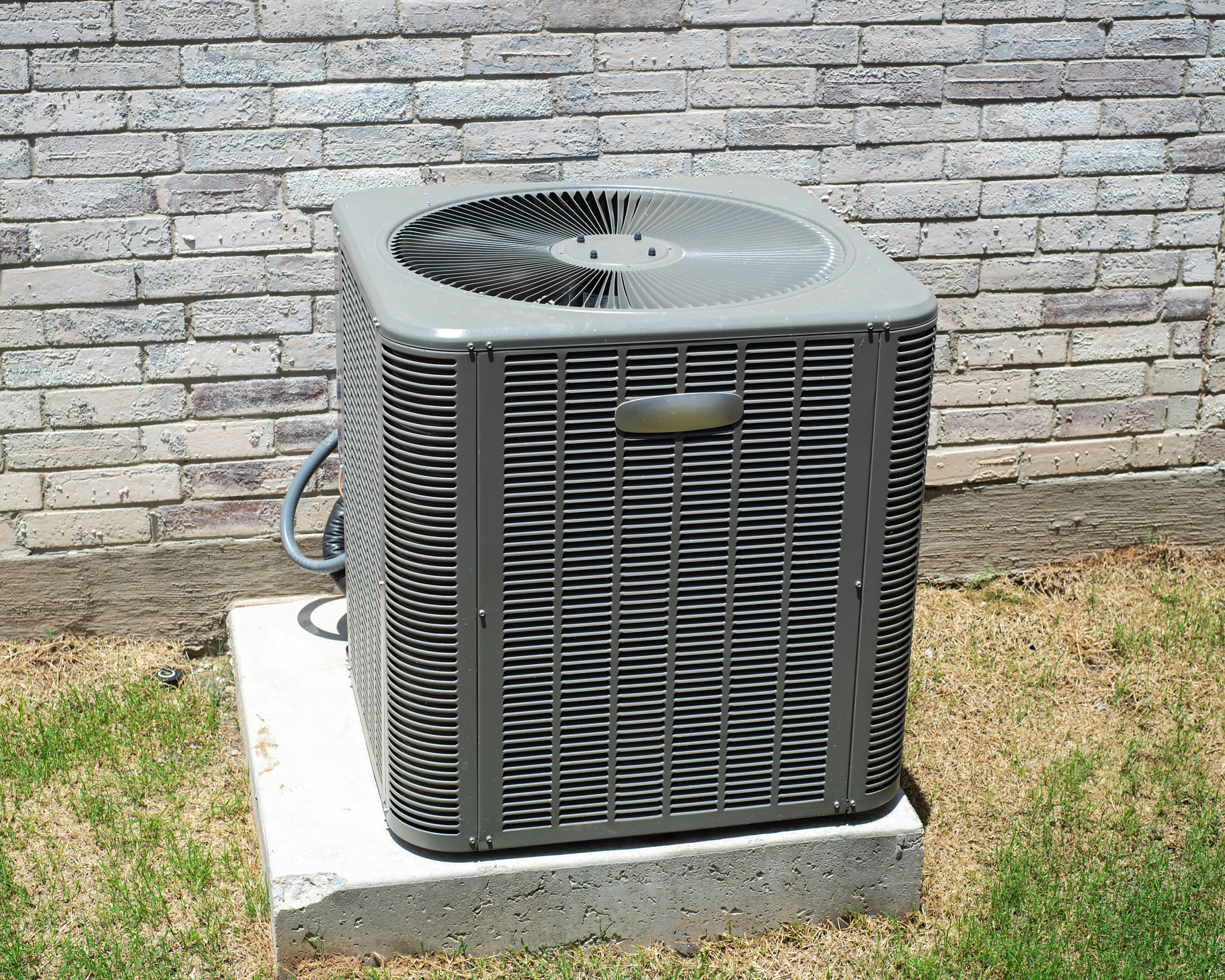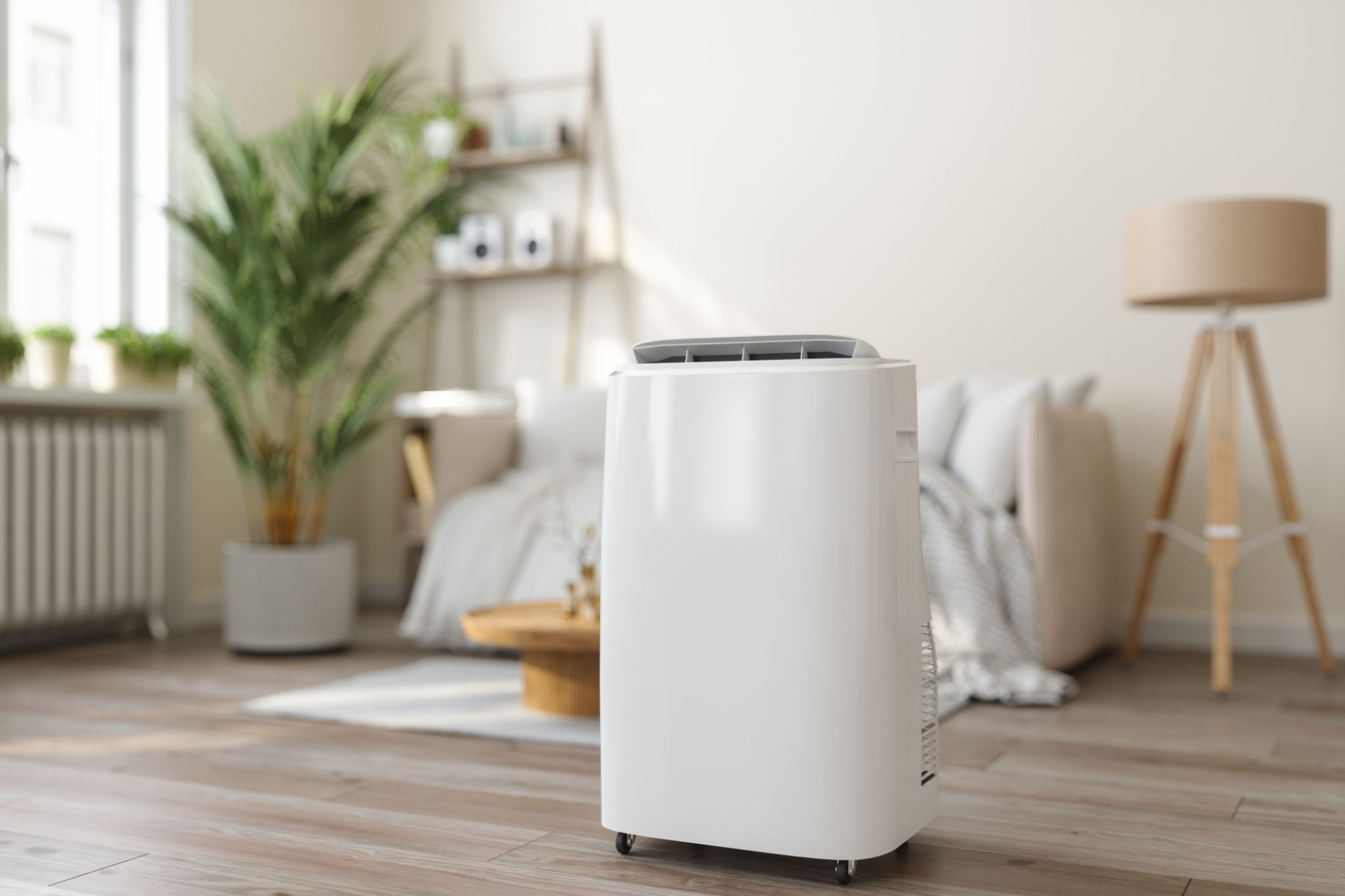The Best Types of AC Units for Hot Climates: A Comprehensive Guide
Understanding the Importance of Choosing the Right AC Unit
When living in a hot climate, having an efficient air conditioning (AC) unit is not just a luxury; it's a necessity. The right AC unit can make a significant difference in your comfort level, energy consumption, and overall cooling efficiency. This guide explores the best types of AC units suited for hot climates.

Central Air Conditioning Systems
Central air conditioning systems are often the go-to choice for those living in larger homes or buildings. These systems utilize a network of ducts to distribute cool air throughout the space. Central ACs are known for their ability to maintain a consistent temperature and for their energy efficiency.
Pros: They provide uniform cooling, are relatively quiet, and are energy-efficient when properly maintained. Cons: Installation can be expensive and complex, especially if ductwork needs to be added to existing structures.
Mini-Split Systems
Mini-split systems, also known as ductless ACs, are a popular option for homes without existing ductwork. These systems consist of an outdoor compressor and one or more indoor units that deliver cool air directly into the room.
Pros: They are highly energy-efficient, easy to install, and allow for individual room temperature control. Cons: The initial cost can be high, and they may not be suitable for larger spaces without multiple units.

Window Air Conditioners
Window air conditioners are a cost-effective solution for smaller spaces or single rooms. They are installed in a window frame or through a hole in an exterior wall and are self-contained units.
Pros: Affordable and easy to install, making them ideal for renters. Cons: They can be noisy and may obstruct the view from a window. Additionally, they are less efficient than central or mini-split systems.
Portable Air Conditioners
For those seeking flexibility, portable air conditioners offer mobility and convenience. These units can be moved from room to room as needed, making them a versatile choice for temporary cooling solutions.
Pros: Easy to set up and move, no permanent installation required. Cons: They can be noisy and may not cool larger areas effectively.

Evaporative Coolers
Evaporative coolers, also known as swamp coolers, are an energy-efficient option for dry climates. They work by pulling in warm air and passing it through moistened pads, which cools the air through evaporation.
Pros: Low energy consumption and environmentally friendly. Cons: Not suitable for humid climates, as they add moisture to the air.
Key Considerations When Choosing an AC Unit
When selecting an AC unit for a hot climate, consider factors such as room size, energy efficiency ratings, installation costs, and maintenance requirements. Additionally, think about your specific needs and whether you require cooling for a single room or an entire home.
- Energy Efficiency: Look for units with high SEER ratings for better energy savings.
- Size and Capacity: Ensure the unit is appropriately sized for the space it will cool.
- Installation Complexity: Consider whether you need professional installation or a DIY-friendly option.
Conclusion
Selecting the right AC unit is crucial for surviving hot climates comfortably. Whether you choose a central system for consistent cooling or a portable unit for flexibility, understanding the pros and cons of each type will help you make an informed decision. Prioritize energy efficiency and capacity to ensure your home remains a cool haven throughout the sweltering heat.